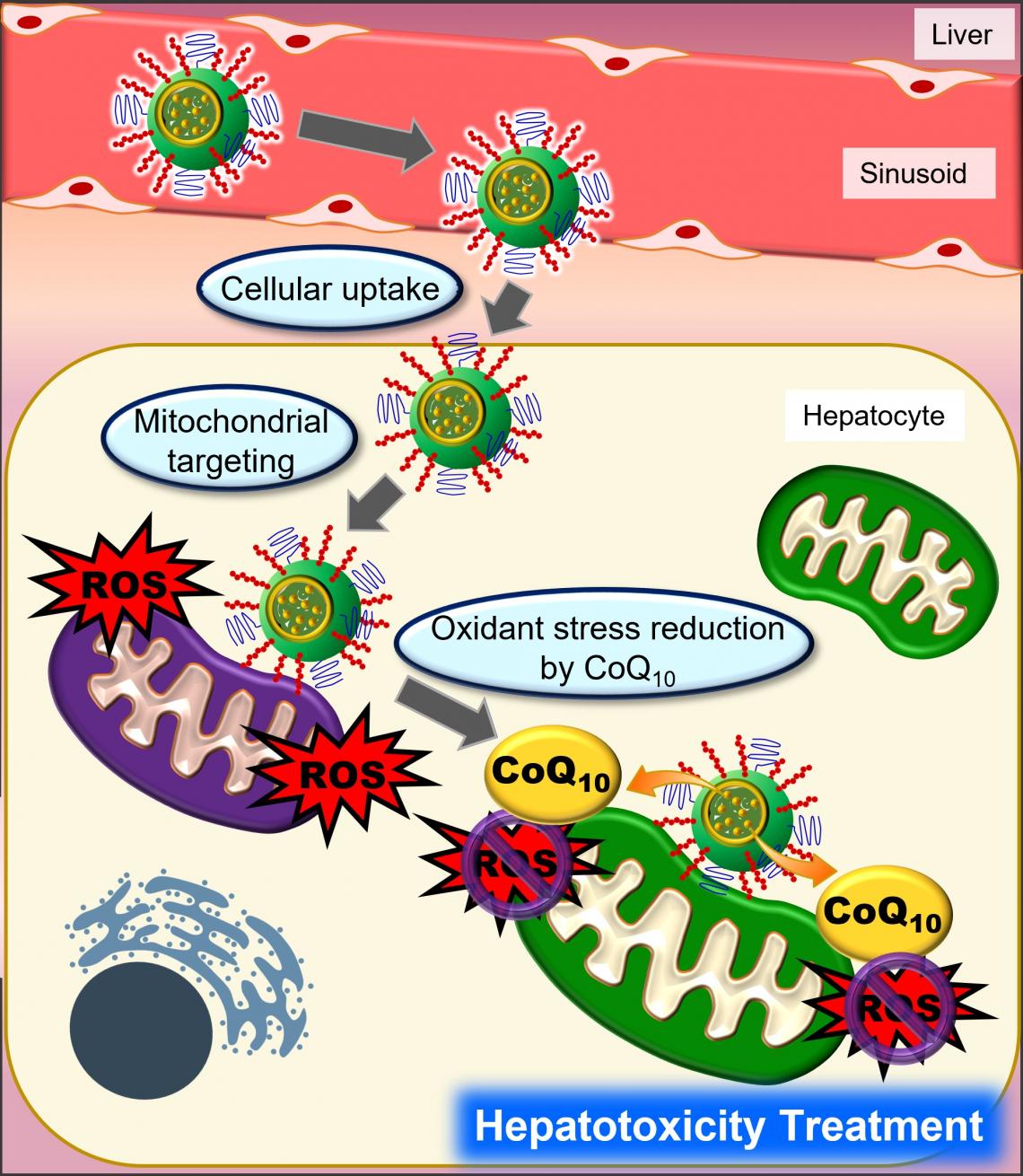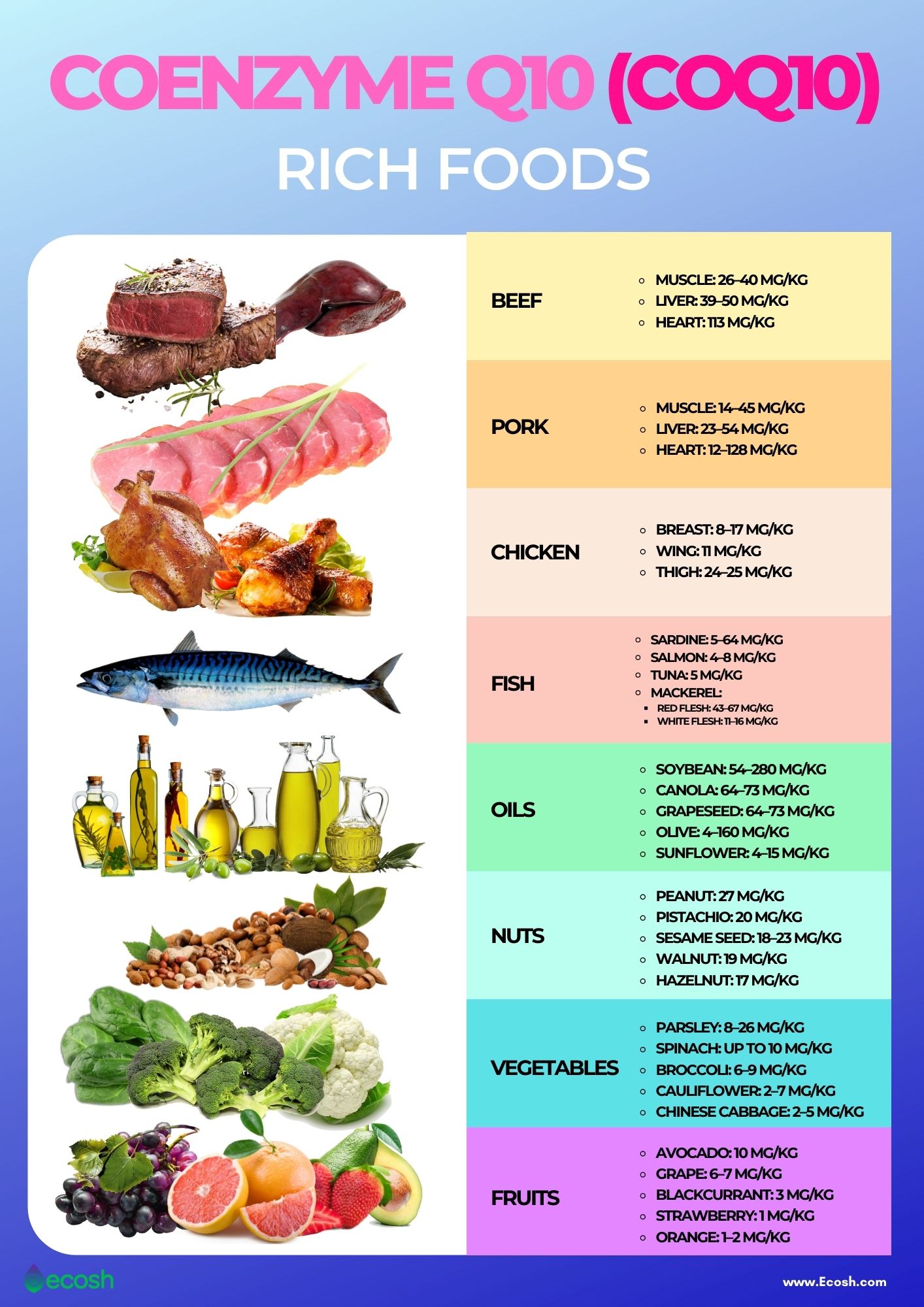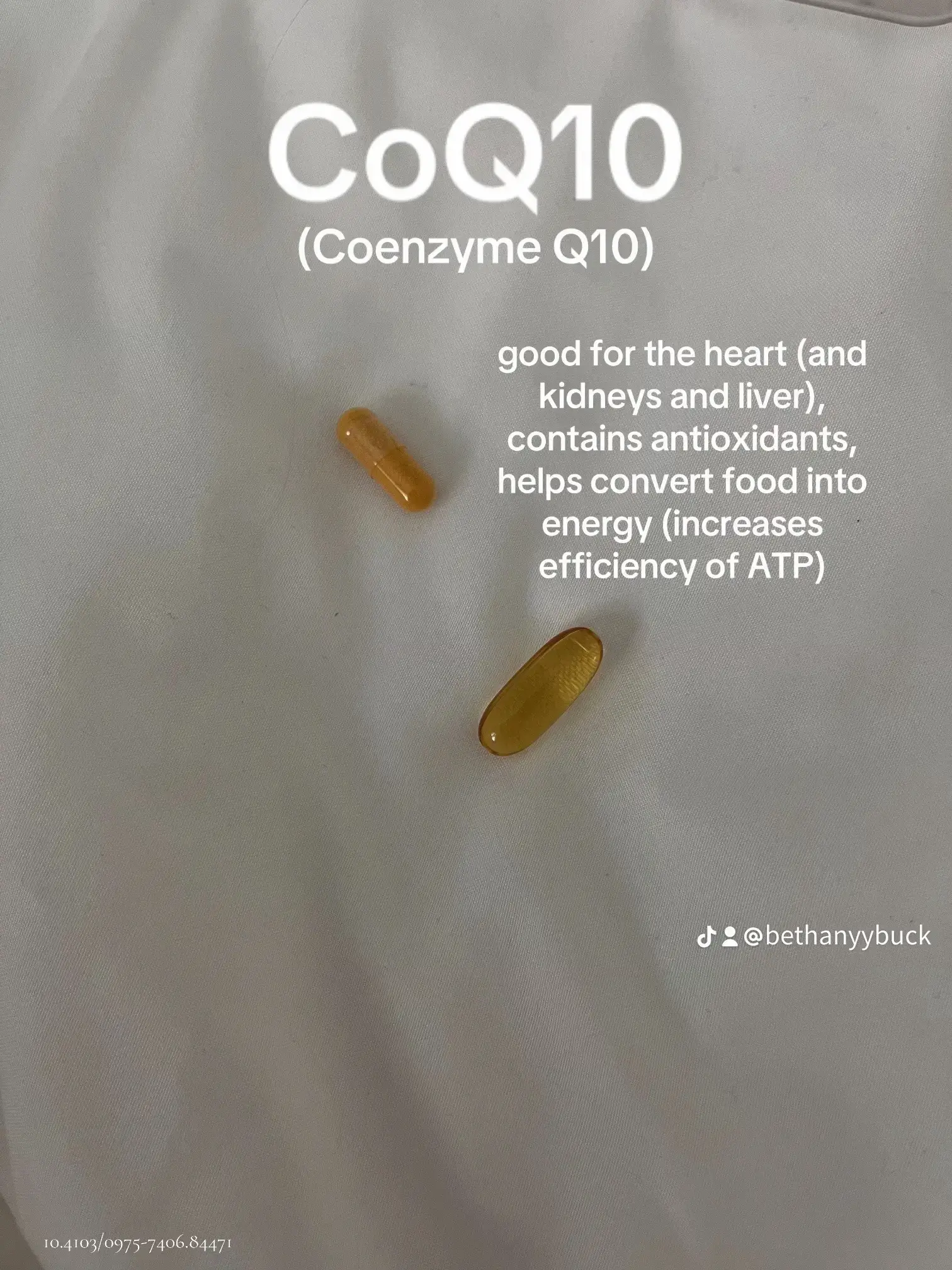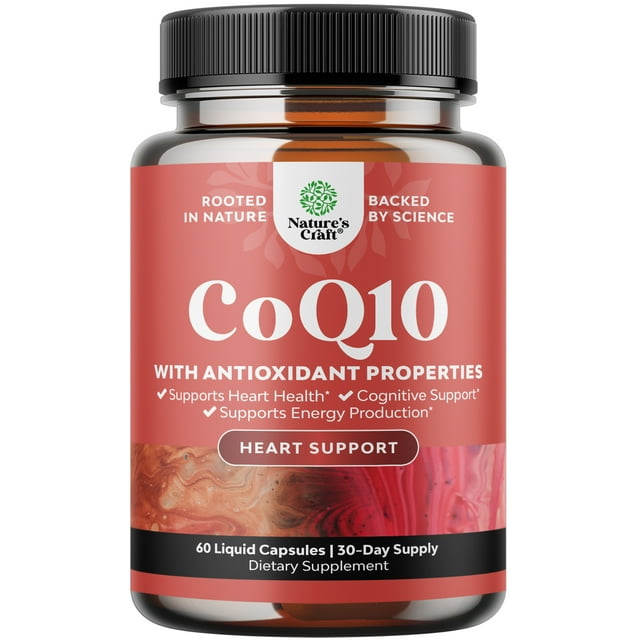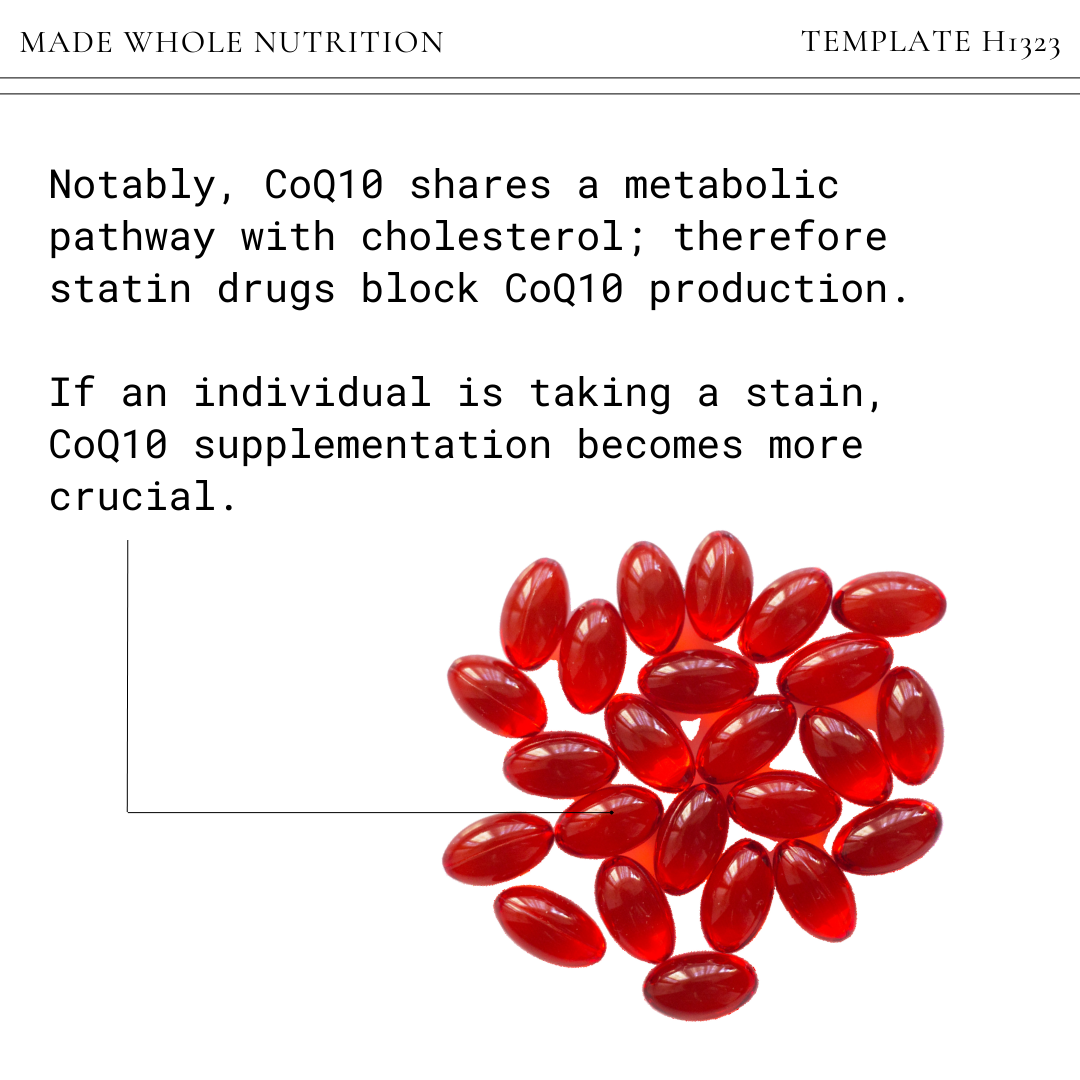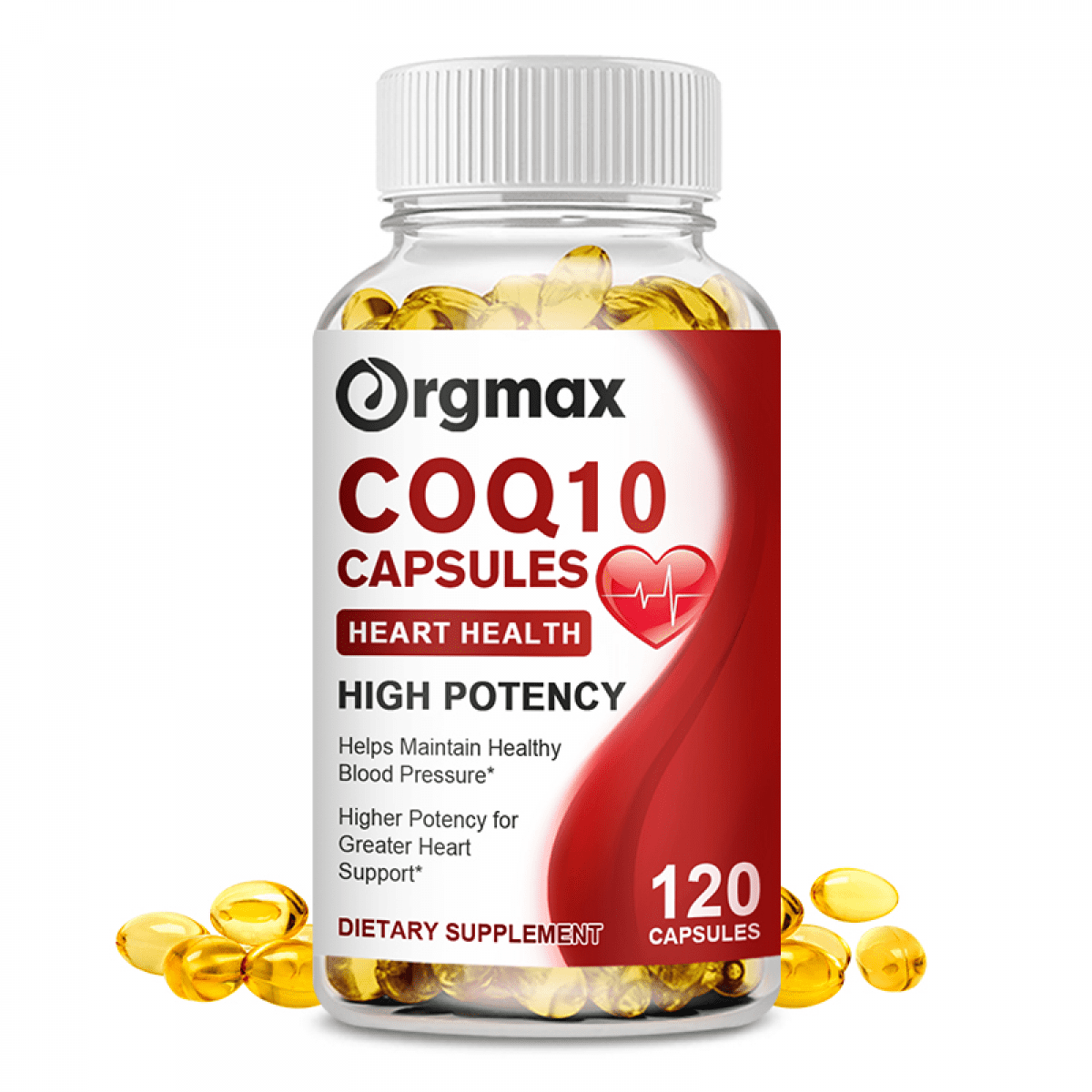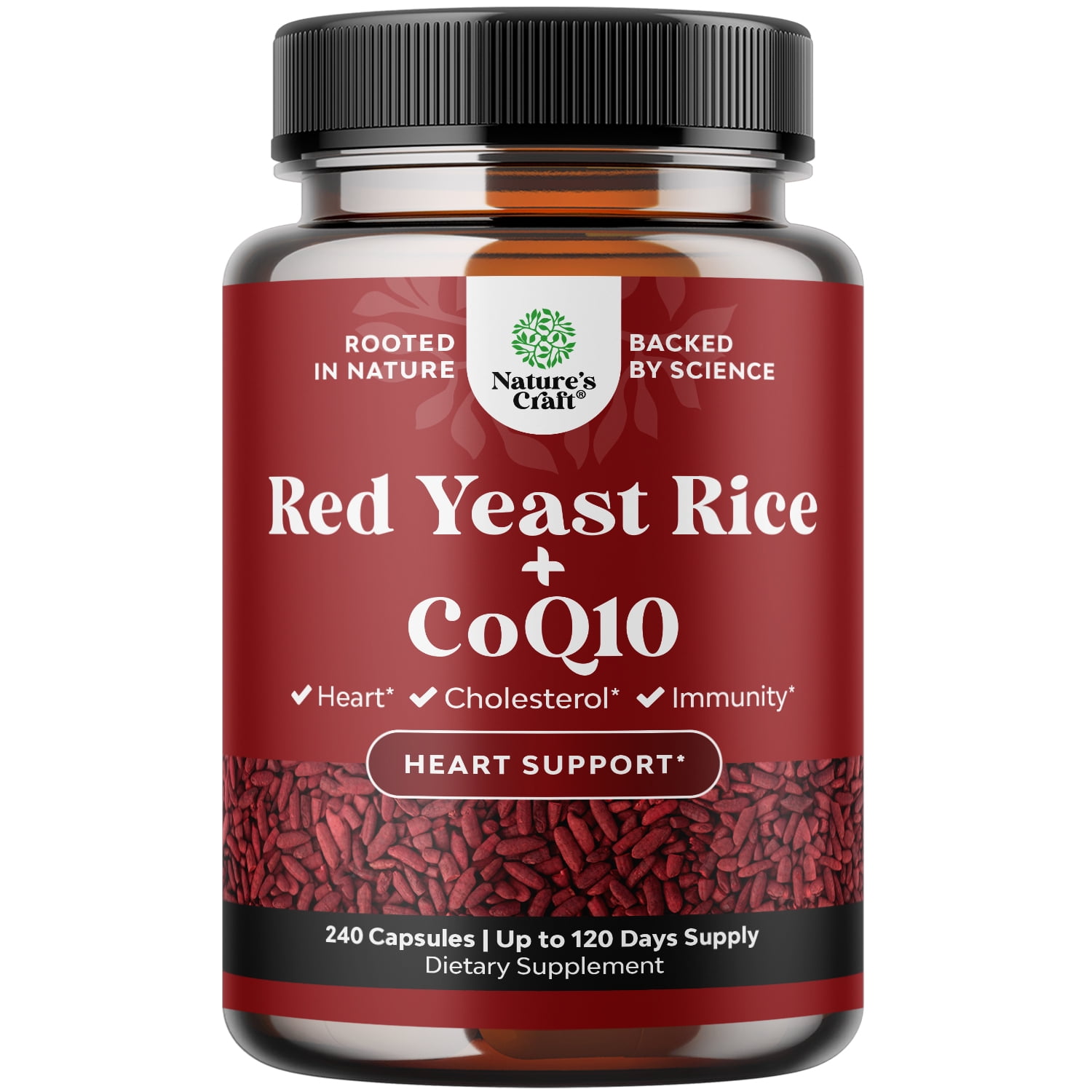Is Coq10 Good For The Liver

Imagine your liver, a tireless workhorse constantly filtering, processing, and detoxifying. It's the unsung hero of our internal ecosystem, quietly performing over 500 vital functions. But what if this crucial organ could use a little extra support? That's where CoQ10, a naturally occurring compound in our bodies, enters the conversation. Could this supplement be the key to a healthier, happier liver?
The question of whether CoQ10 benefits the liver is complex, steeped in ongoing research and nuanced findings. While CoQ10 shows promise in addressing oxidative stress and inflammation, both key culprits in liver damage, it's crucial to approach its use with informed caution. This article delves into the current understanding of CoQ10 and its potential impact on liver health, separating fact from speculation and offering practical insights.
Understanding CoQ10: More Than Just a Supplement
CoQ10, short for coenzyme Q10, is a vital compound found in every cell of our body. It plays a crucial role in energy production within the mitochondria, the powerhouses of our cells. It also acts as a potent antioxidant, neutralizing harmful free radicals that can damage cells and contribute to inflammation.
Our bodies naturally produce CoQ10, but production declines with age. Certain medical conditions and medications, particularly statins, can also deplete CoQ10 levels. This deficiency can lead to various health problems, prompting many to consider CoQ10 supplementation.
Oxidative Stress and the Liver
The liver, due to its intensive metabolic activity, is particularly susceptible to oxidative stress. This imbalance between free radicals and antioxidants can lead to cellular damage and inflammation, contributing to conditions like non-alcoholic fatty liver disease (NAFLD) and cirrhosis.
NAFLD, a growing concern worldwide, is characterized by the accumulation of fat in the liver of individuals who consume little to no alcohol. If left unmanaged, it can progress to non-alcoholic steatohepatitis (NASH), a more severe form of liver disease with inflammation and potential scarring.
Cirrhosis, the late stage of chronic liver disease, involves irreversible scarring of the liver tissue. This scarring disrupts liver function and can lead to serious complications, including liver failure.
CoQ10's Potential Liver-Protecting Properties
Emerging research suggests that CoQ10's antioxidant properties may offer protection against liver damage. By neutralizing free radicals, CoQ10 can help reduce oxidative stress and inflammation, potentially slowing the progression of liver disease.
Several studies have investigated the effects of CoQ10 supplementation on liver health. Some studies on individuals with NAFLD have shown that CoQ10 may help improve liver enzyme levels, reduce liver fat accumulation, and decrease inflammation.
However, it's important to note that the research is still evolving. More extensive and well-designed clinical trials are needed to confirm these findings and determine the optimal dosage and duration of CoQ10 supplementation for liver health.
Research Highlights: A Glimpse into the Evidence
A study published in the World Journal of Gastroenterology found that CoQ10 supplementation improved liver enzyme levels and reduced oxidative stress in patients with NAFLD. This suggests that CoQ10 may have a protective effect on the liver by mitigating oxidative damage.
Another study in the journal Clinical Nutrition indicated that CoQ10 supplementation was associated with reduced liver fat accumulation in individuals with NAFLD. These findings highlight the potential of CoQ10 to address a key feature of NAFLD.
While these studies offer encouraging results, it's crucial to remember that they are not conclusive. The sample sizes in these studies were often relatively small, and the findings may not be generalizable to all populations. Further research with larger and more diverse groups is warranted.
Considerations and Cautions
Before considering CoQ10 supplementation for liver health, it's essential to consult with a healthcare professional. They can assess your individual needs, evaluate potential risks and benefits, and determine the appropriate dosage for you.
CoQ10 is generally considered safe, but some individuals may experience mild side effects such as nausea, diarrhea, or upset stomach. It can also interact with certain medications, including blood thinners and blood pressure medications.
People with pre-existing liver conditions should be particularly cautious when considering CoQ10 supplementation. It's crucial to discuss the potential risks and benefits with a liver specialist before starting any new supplement regimen.
Lifestyle: The Cornerstone of Liver Health
While CoQ10 may offer potential benefits, it's not a magic bullet for liver health. A healthy lifestyle remains the foundation of liver well-being. This includes maintaining a balanced diet, engaging in regular physical activity, limiting alcohol consumption, and avoiding exposure to toxins.
A diet rich in fruits, vegetables, and whole grains can provide essential nutrients and antioxidants to support liver function. Regular exercise helps improve insulin sensitivity and reduce liver fat accumulation.
Limiting alcohol consumption is crucial, as excessive alcohol intake can lead to liver damage and inflammation. Avoiding exposure to toxins, such as pesticides and pollutants, can also help protect the liver.
The Future of CoQ10 and Liver Health
The research on CoQ10 and liver health is ongoing, with new studies constantly emerging. Future research will likely focus on identifying specific populations that may benefit most from CoQ10 supplementation, determining optimal dosages and durations, and investigating the underlying mechanisms of action.
Scientists are also exploring the potential of combining CoQ10 with other therapies for liver disease. This may involve combining CoQ10 with lifestyle interventions, medications, or other supplements.
As our understanding of CoQ10 and its impact on liver health grows, we may see more targeted and effective strategies for preventing and treating liver disease.
Conclusion: A Promising Supplement, But Not a Replacement for Holistic Care
CoQ10 holds promise as a potential aid in supporting liver health, particularly in addressing oxidative stress and inflammation. However, it's vital to approach its use with realistic expectations and a thorough understanding of the existing evidence.
CoQ10 should not be viewed as a substitute for a healthy lifestyle or conventional medical treatments. Instead, it should be considered as a potential complementary therapy, used in conjunction with other strategies to promote liver well-being.
Ultimately, the decision of whether or not to use CoQ10 for liver health should be made in consultation with a healthcare professional. They can provide personalized guidance based on your individual circumstances and help you make informed choices that are right for you.
